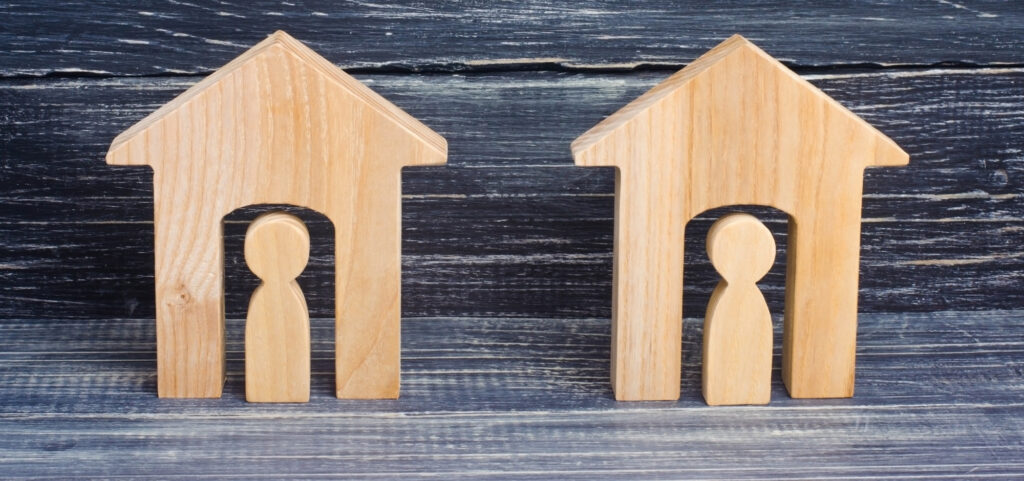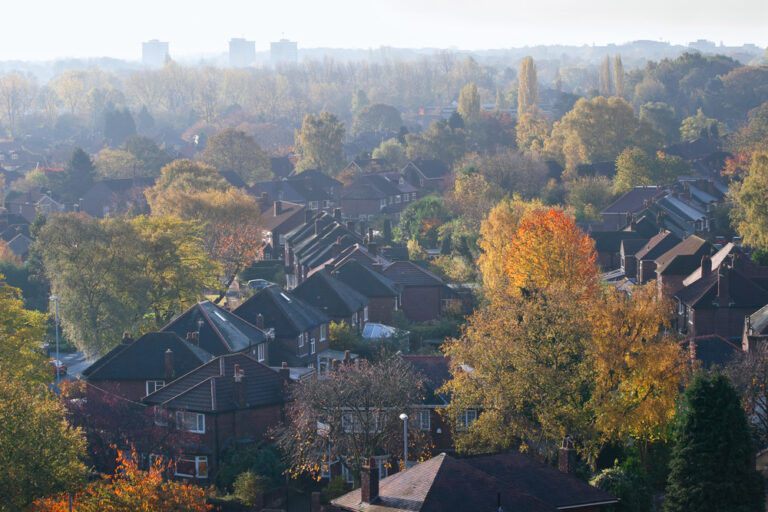Landlord duty of care
Being a landlord comes with great responsibility – particularly when it comes to your tenants.
“The single most important part of being a landlord is ensuring your tenants are safe living in the property you’ve provided for them,” says Parkers’ Managing Director, Rob Smith.
In this guide, we’ll be:
- Revealing the most important responsibilities landlords have
- Looking at whether a landlord has a duty of care towards their property’s neighbours
Does a landlord owe a tenant a duty of care?
All landlords owe their tenants a duty of care when it comes to their health and safety while living in their rental property.
Tenants, meanwhile, have a duty of care to those who visit the property while they’re living there, and should ensure as far as is reasonable that they are safe while on the premises.
What is the most important responsibility of a landlord?
Landlords are responsible for a host of important things related to their properties and tenancies.
1. Health and safety of tenants
As a landlord, you’re responsible to ensuring your rental property is safe for your tenants to live in and that means following legal regulations on:
Fire safety
Under fire safety rules, you must:
- Ensure all furniture you provide meets fire safety standards and displays the correct labels detailing fireproofing
- Install working smoke alarms on each floor of your rental property
- Make sure tenants have access to an escape route in the event of a fire
- Undertake periodic fire risk assessments if required
Carbon Monoxide rules
As well as smoke alarms, you must install a working carbon monoxide detector in every room that contains a solid fuel burning appliance.
It’s also best practice to place carbon monoxide alarms in rooms where gas or oil burning appliances are present.
Gas safety
Gas safety regulations mean you must have an annual gas safety assessment carried out by a Gas Safe registered engineer at your rental property.
You must also:
- Provide your tenants with a copy of your gas safety certificate within 28 days of it being carried out
- Provide a copy of your valid gas safety certificate at the start of each new tenancy
- Make sure that all gas pipework, appliances, chimneys, and flues are kept in a safe condition throughout all tenancies
Electrical safety
Electrical safety compliance rules mean you must have an Electrical Installation Condition Report (EICR) carried out at your rental property every five years.
EICRs must be carried out by a qualified and competent person and once completed, you must:
- Supply a copy of the EICR to all existing tenants within 28 days
- Supply a copy of the EICR to the local authority within seven days if they request it
- Keep a copy to give to the next person who carries out an EICR at your property
- Give any new tenants a copy of your most recent EICR
Legionella
To protect your tenants from the legionella bacteria that causes Legionnaires Disease, you must undertake a legionella assessment of your property’s water systems periodically.
This can be done yourself, or you can bring in a specialist if you have any concerns.
2. Energy performance
To be legally marketed for rent, your property must have a valid Energy Performance Certificate (EPC).
EPCs are valid for 10 years and assessments must be carried out by a registered energy professional listed on the government’s EPC Register.
Minimum Energy Efficiency Standards (MEES)
As well as providing your tenants with a valid Energy Performance Certificate (EPC), your property must have a minimum rating of ‘E’ on the certificate to be legally rented out.
3. Deposit protection and fees
When renting out your property, you also have a duty of care to your tenant’s deposit and must protect it in a government-approved scheme.
At the end of the tenancy, you should return your tenant’s deposit in full, or make a formal request to make any deductions for damage or unpaid rent.
If your tenant disagrees with your proposed deductions, your deposit protection scheme will provide a mediation service.
Capped deposits
Under the Tenant Fees Act 2019, the amount of money you can request as a deposit from a tenant is capped at:
- No more than five weeks’ rent if the annual rent is less than £50,000
- No more than six weeks’ rent if the annual rent exceeds £50,000
If you take a holding deposit from your tenant, this is capped at no more than one week’s rent.
4. Landlord repairs responsibilities
Landlords are obligated to repair and maintain:
- The structure and exterior of the property, including walls, floors, roof, and windows
- The fixed heating systems, electrical installations, and gas pipes
- Plumbing systems, including basins, sinks, toilets, baths, and showers
Do landlords have a duty of care to neighbours?
While landlords don’t have a legal duty of care towards their neighbours, you would be expected to help find a resolution if your tenants are causing problems for neighbouring homes.
And there are times when you can be held responsible for your tenant’s nuisance behaviour.
These are:
- If you encourage the behaviour or do nothing to stop it.
- If you let your property to tenants and you were aware of a potential nuisance when doing so (for instance, you let your property to a musician and knew they would practice at the property)
Noisy tenants
The most common complaints from neighbouring properties surround noise.
If your rental property is linked to another, such as a flat, a semi-detached or a terraced house, the issue of noise can be more of a problem.
Daytime noise is usually accepted (if still perhaps a little frustrating), while consistent noise after dark is generally unacceptable.
If your neighbours approach you about your tenants and their levels of noise, try to look at the issue from both sides and try to find a resolution.
Inconsiderate tenants
This is a wider issue, but inconsiderate tenants can cause problems for neighbouring homes, often by:
- Parking across driveways
- Allowing bins to overflow
- Leaving lights on during the night
- Being aggressive or abusive if approached with complaints
Although you may not be directly responsible for your tenants and their behaviour, being proactive and finding a way forward is a far better approach than simply allowing problems to fester.
Things you can do for your neighbours
There are steps you can take to try to solve disputes with neighbours and even stop them altogether.
- Let the neighbours have your details so they can contact you with any issues
- Speak to your tenant at the start of the tenancy and be clear on what you expect from them
- Outline your tenant’s obligations towards their neighbours in the tenancy agreement
- Ensure your letting agent inspects the property regularly
Is the issue solely your tenant’s fault?
You should always consider that it could be your neighbour who is at fault, or partly at fault, in the event of a dispute.
The problem with being a landlord in the event of neighbour disputes is you are the middle man, listening to both sides and trying to establish what the issue is.
Consider everything when trying to find a resolution.
That could mean asking yourself:
- Is the neighbour being unreasonable?
- Are they lying?
- Is the neighbour the problem and the one being disruptive?
If the latter is the case, ask your tenant to keep an accurate record of problems or any incidents.
Further reading…







